Seaturns Puts Full-Scale Wave Energy Device on First Trials in France
Seaturns, a French wave energy start-up, has completed manufacturing of its first full-scale floating wave energy converter and launched the initial phase of operational testing at the port of Nantes Saint-Nazaire.
Built in just six months, the Seaturns demonstrator is a cylindrical floating buoy made of 42 tonnes of steel, measuring 15 meters in length and six meters in diameter, with a nominal power output of 200 kW.
The structure is designed to capture the energy of waves through a rotational movement of the hull, which drives a mechanical energy conversion system housed inside the buoy.
“This fundamental step is the result of ten years of R&D and the hard work of a team fully dedicated to this demonstrator. It’s an immense achievement to finally see it at full scale. This success also belongs to everyone who has believed in us. A big thank you to our partners and supporters,” said Vincent Tournérie, CEO and Founder of Seaturns.
The first phase of testing focused on launch, floatability, onboard access, safety procedures, and operations and maintenance trials on the electrical conversion module. Seaturns also carried out disassembly and reassembly of the module in about two hours, using light equipment and a small team, deemed a key proof point for reducing offshore maintenance costs by the company.
The tests demonstrated the feasibility of offshore operations, the relevance of the resources mobilized, and the control of intervention duration, according to Seaturns.
The first phase also provided valuable feedback that will help optimize the design and offshore operation of the solution, in preparation for the industrialization and commercialization phase scheduled for the end of 2026.
“This is a key stage in the development of our technology. We validated the safety of operations and began demonstrating the effectiveness of maintenance activities, confirming the feasibility of offshore interventions. This success paves the way for a more cost-effective and robust deployment of our solution,” said Arthur Chauliac, Test Manager at Seaturns.
The next phase of the testing campaign will begin in the first quarter of 2026 and take place at sea. The goals include performance certification over at least one year, validation of the system’s robustness under real marine conditions, and assessment of environmental impacts.
The trials follow a step-by-step methodology, gradually increasing exposure to operational conditions.
The project is part of the IAS-WEC programme, which won the i-Nov innovation competition and is supported by Bpifrance, ADEME, the France 2030 program, and Next Generation EU through the France Relance plan.
Manufacturing was handled by MECASOUD, while testing is supported by Nantes Saint-Nazaire Port and the Pôle Mer Bretagne Atlantique maritime cluster.

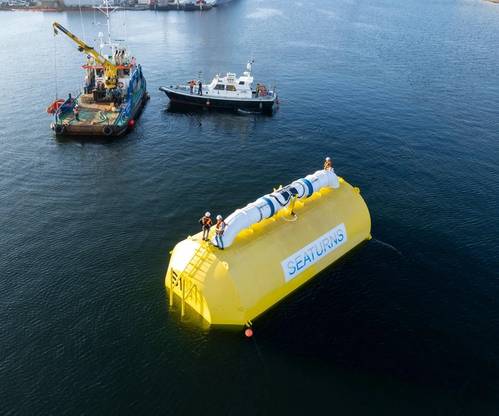
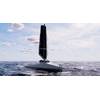
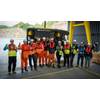
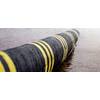
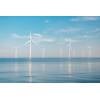
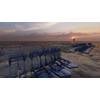
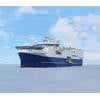







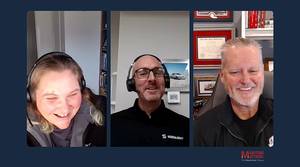


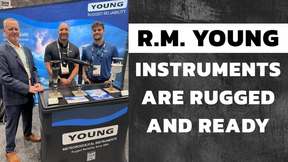
 December 2025
December 2025



